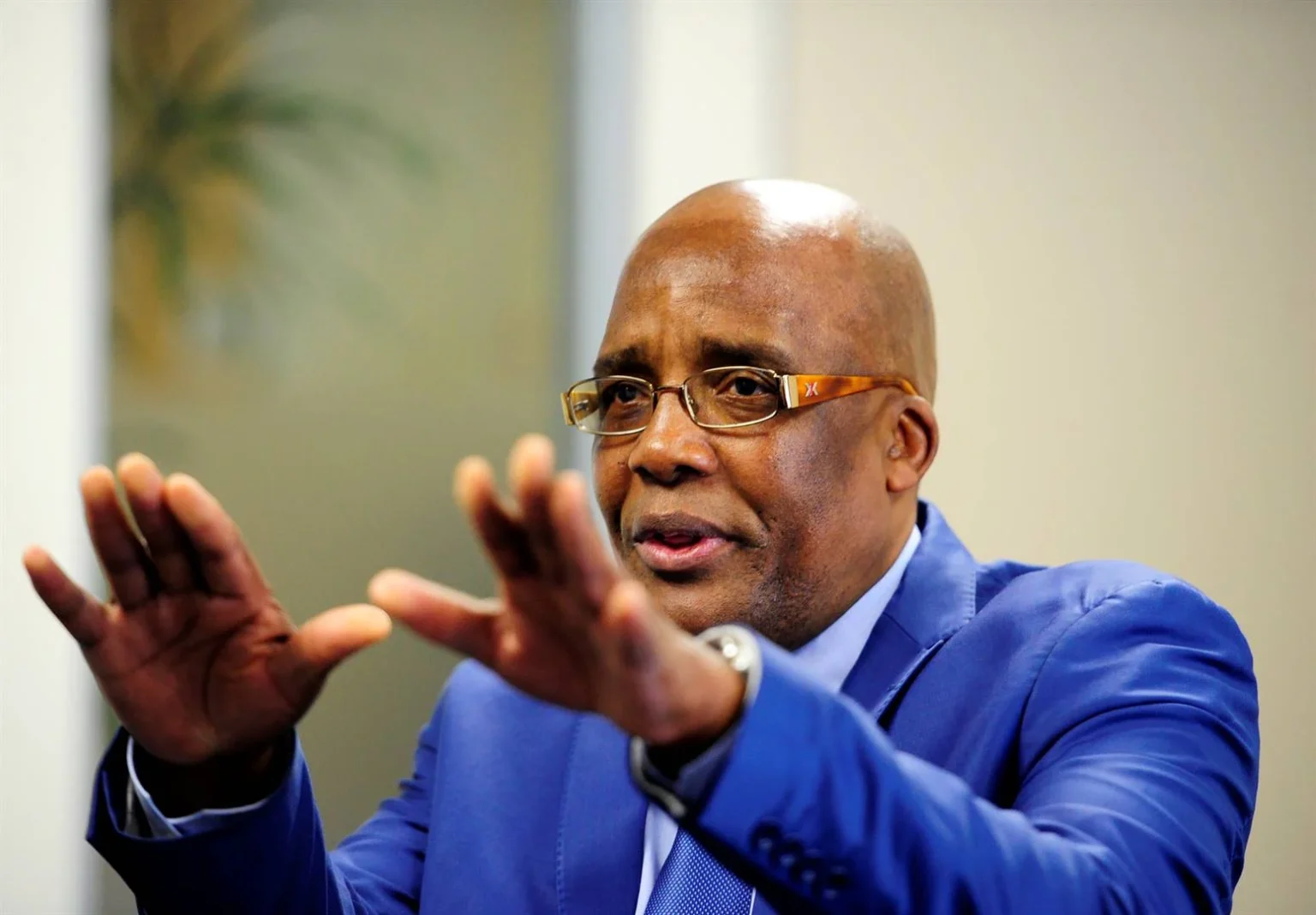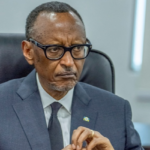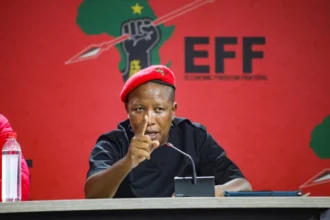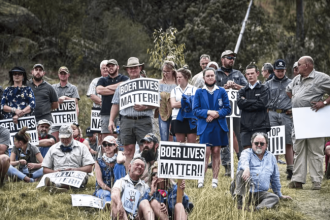South Africa’s health sector is reeling after former US President Donald Trump announced the suspension of foreign aid for HIV, TB, and malaria programs—an essential lifeline for millions in the country. The decision, part of Trump’s broader strategy to curb foreign aid spending, could have devastating consequences for South Africa’s world-leading HIV treatment program.
Trump justified the cuts in a speech, saying:
“We get tired of giving massive amounts of money to countries that hate us, don’t we?”
With South Africa receiving approximately R8.5 billion in US health aid, primarily through the President’s Emergency Plan for AIDS Relief (Pepfar), the decision has left government officials scrambling for answers.
Motsoaledi: ‘The World is Baffled’
Health Minister Dr. Aaron Motsoaledi did not hold back in his response, calling the decision “baffling” and a setback for global health efforts.
“We have been fighting the scourge of HIV and malaria together for more than 20 years as a global community and depending a lot on global funding,” he said in a media briefing.
South Africa currently runs the world’s largest HIV counselling and testing program, with 5.5 million people on antiretroviral (ARV) treatment—a feat unmatched by any other country. The total cost of the country’s HIV program is R44.4 billion, with Pepfar covering 17% of this expenditure.
Motsoaledi emphasized that while South Africa shoulders the majority of the financial burden, Pepfar plays a critical role in 27 of the country’s 52 districts, particularly in regions hardest hit by the epidemic.
Hardest-Hit Regions and Uncertainty Ahead
The suspension of funds will disproportionately affect the most vulnerable areas. According to the minister, the most affected provinces include:
- KwaZulu-Natal (seven districts)
- Eastern Cape (five districts)
- Gauteng (four districts)
- Limpopo, Mpumalanga, North West (three districts each)
- Western Cape (various regions)
- Free State (two districts)
Motsoaledi revealed that while no official communication has been received from Washington, Pepfar-funded programs have begun shutting down, with employees receiving termination notices.
“We hear from the clinics, especially at Wits … We will compile and finalize the matter,” he said.
One of the first casualties is the Wits Reproductive Health and HIV Institute (Wits RHI), a key research center in HIV and reproductive health, which has already announced a temporary closure of its clinic.
Political Fallout and Calls for Reconsideration
The decision has sparked political and humanitarian outcry. Build One South Africa (BOSA) acting spokesperson Roger Solomons condemned the move, warning it could reverse decades of progress in combating HIV/AIDS.
“This decision threatens to undermine critical efforts to combat HIV/AIDS, which continues to pose a significant health challenge in our country and across the African continent,” said Solomons.
BOSA has pledged to appeal directly to Trump’s administration and US Secretary of State Marco Rubio to reconsider the suspension and reinstate Pepfar funding.
What Happens Now?
With Pepfar’s funding in limbo, the South African government faces a race against time to find alternative resources to sustain its HIV programs. While the government contributes the majority of funds, losing US support could lead to:
- Interrupted ARV treatment for millions
- Closure of essential HIV clinics
- Loss of research and prevention programs
- Strain on South Africa’s public health budget
The uncertainty surrounding the decision has left healthcare providers and patients in limbo. For now, the biggest hope rests on diplomatic negotiations, but with Trump’s stance on foreign aid well known, the future remains uncertain.
As South Africa scrambles for solutions, one thing is clear—the battle against HIV/AIDS just got a lot tougher.












